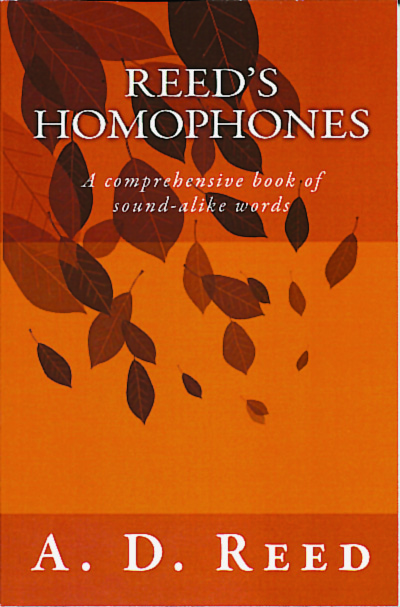Lessons & Classroom Games for Teachers
Some words that we might think of as homophones aren’t: they’re simply common misspellings of real words. Sometimes words are spelled correctly in and of themselves, but are used incorrectly. For example, something that “cuts the mustard” will often also “pass muster,” though “mustard” and “muster” are very different words and the phrases have completely unrelated origins.
Many misspellings are of foreign words or phrases that have been adopted into English; others are traditional English words that have been bastardized to match other, similar words with different orthography. For example, “lax” is a real word that means “loose” or “non-rigorous”; “lackadaisical” has a completely different origin but in some usages has a similar meaning. Too many people change “lack-adaisical” to “lax-adaisical.”
In a different vein, many Americans call a “chaise longue” (French for a “long chair”, pronounced “shayz long”) a chaise “lounge,” because “longue” and “lounge” share all the same letters, though in a different order—or maybe because we like to lounge around in them. But however right “lax-adaisical” and “chaise lounge” might sound, they’re wrong.
ad hominem - not ad homonym
all right - not alright
beaux - not beaus
bloodcurdling - not bloodcurling
blowhard - not blow heart
Reed’s Homophones available from Pisgah Press, LLC
ISBN 978-0-615-59723-2 $10.00
http://www.pisgahpress.com/authors/a-d-reed/
Pisgah Press PO Box 1427 Candler, NC 28715-1427















